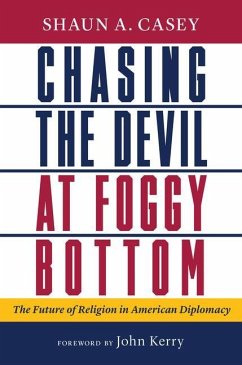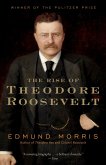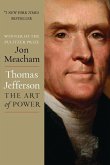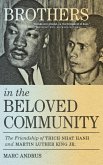Understanding the role of religion in global politics is crucial for effective diplomacy. Many American policy makers are squeamish about religion's role in diplomacy. Nevertheless, religion plays a crucial and complex part in global affairs, such as in sustainable development, various human rights issues, and fomenting and mitigating conflict. Shaun A. Casey, the founding director of the US Department of State's Office of Religion and Global Affairs, makes a compelling case for the necessity of understanding global religion in Chasing the Devil at Foggy Bottom. > On a global stage with higher stakes than ever, effective diplomacy is imperative. Yet in this critical moment, the United States's reputation has faltered. Chasing the Devil at Foggy Bottom offers a path forward to better foreign policy. Foreword Reviews INDIES Book of the Year Award in Political and Social Sciences Finalist (2023)
Hinweis: Dieser Artikel kann nur an eine deutsche Lieferadresse ausgeliefert werden.
Hinweis: Dieser Artikel kann nur an eine deutsche Lieferadresse ausgeliefert werden.








